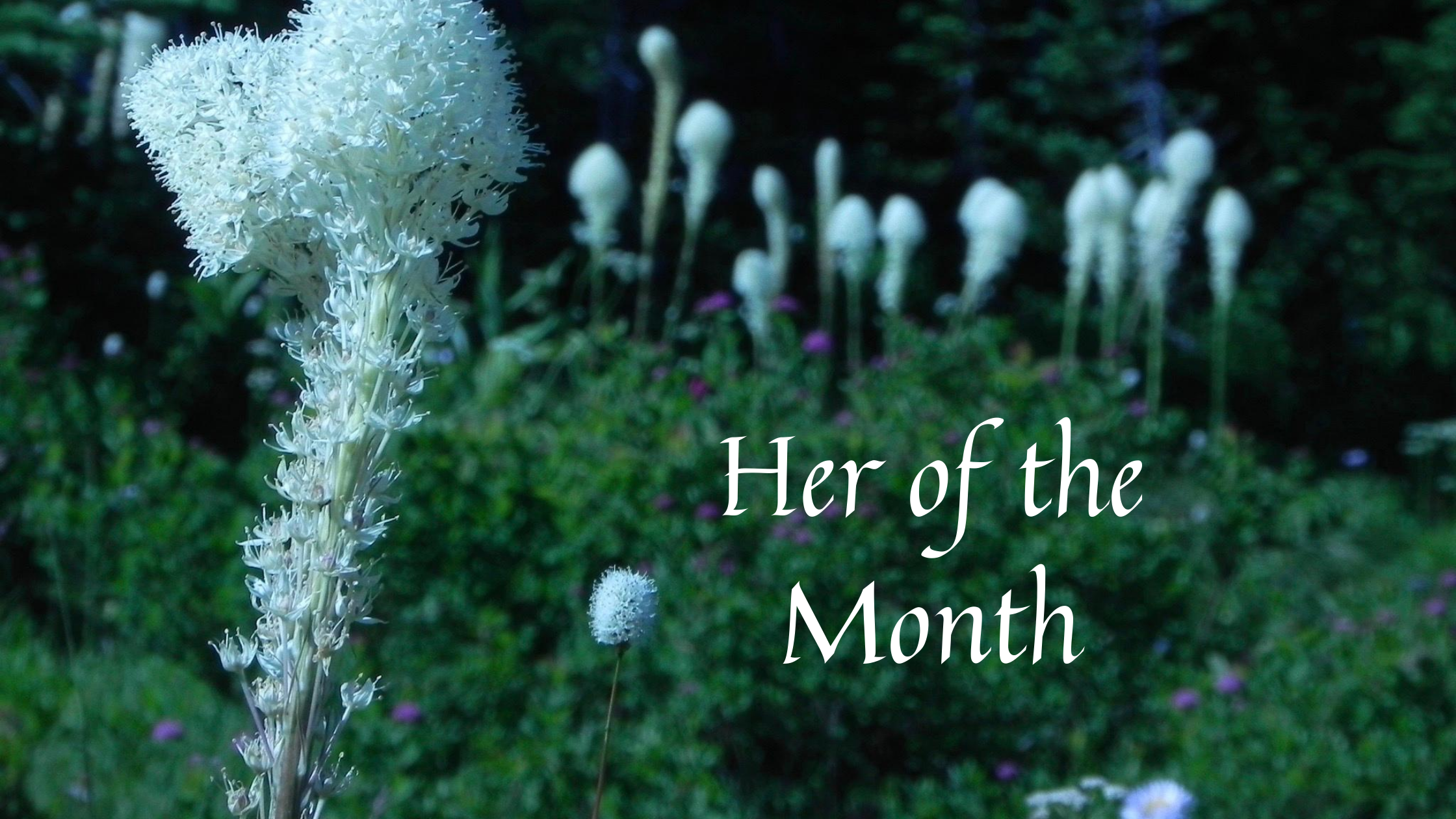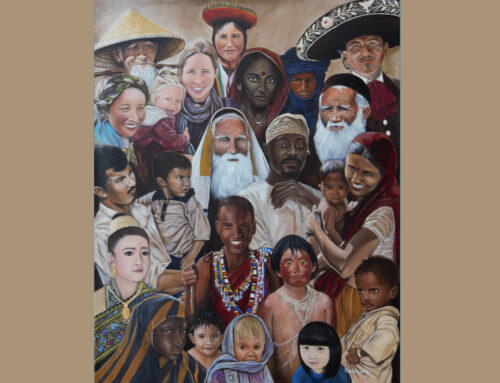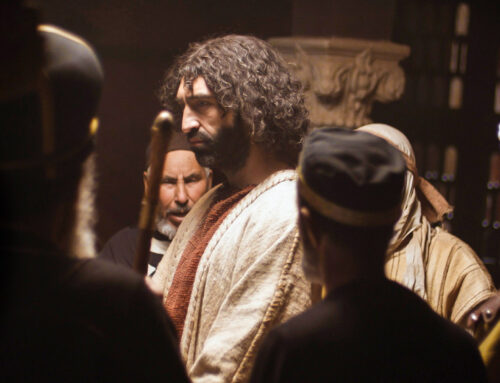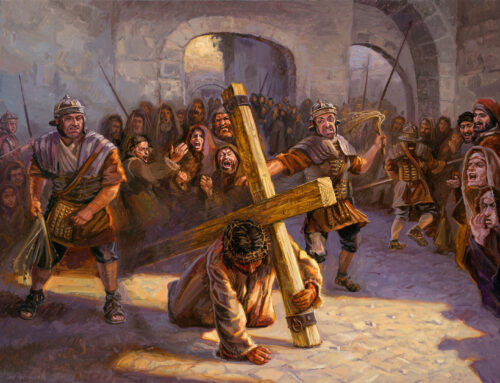I chose Miriam as my Her of the Month because I thought we could learn a lot from a woman who spent decades living in a tent, moving around the wilderness with a couple of million people. As I studied the Scriptures, I found a whole other lesson. (We read about Miriam in Exodus 2:1-10, Exodus 15:1-21, Numbers 12:1-16, and Numbers 20:1)
In our only glimpse of Miriam in her youth we can already see the marks of leadership in her.
She was likely about nine years old when she stood in the shadows at the shore of the Nile River, her eyes focused on the basket that held her baby brother. When Pharaoh’s daughter came to the river to bathe, she discovered the baby and felt sorry for this Hebrew child. Miriam stepped forward and offered to find a Hebrew woman to nurse him, a bold thing which would have required poise and confidence for anyone, especially a child. The Hebrew woman she chose was her own mother, Jocabed.
We don’t know how long Miriam had as the protective older sister. All we know is that “when the child grew older, [Jocabed] took him to Pharaoh’s daughter and he became her son” (Ex 2:10).
It’s eighty years before we see Miriam again, on the run with the Hebrew slaves who had fled Egypt. Moses was leading them to the Promised Land but the Red Sea lay before them and Pharaoh’s army was right behind them. God intervened by opening a path for them through the Red Sea, with the water forming walls on either side. The Israelites passed through on dry ground, but when the Egyptian army followed them, God released the water that he has been holding back and all of Pharaoh’s army drowned.
Moses led the people in a song of praise to God (Ex 15:1-18). In response, Miriam took up a tambourine and all the women followed her lead, singing and dancing before the Lord.
Hundreds of years later, God called her a leader. In Micah 6:4, God says “I brought you up out of Egypt and redeemed you from the land of slavery. I sent Moses to lead you, also Aaron and Miriam.”
Then why is it that, when Miriam and Aaron talked against Moses, God called them out and afflicted her with leprosy?
The complaint against their brother had two parts. 1) He had married a Cushite woman, a foreigner, which didn’t set well with nationalistic Miriam. 2) She questioned Moses’ leadership. “Has the Lord spoken only through Moses? Hasn’t he also spoken through us?” (Num 12:2)
Do you remember the story of the burning bush when God called Moses to deliver his people from Egypt, and Moses’ argumentative responses (see Exodus 3:1-4:17)? God had indeed called Moses. But nowhere in Scripture do we see God calling either Aaron or Miriam. He assigned Aaron the job of assisting Moses, but Miriam, the natural leader, who had saved the life of her baby brother and may have been his right-hand gal as they fled Egypt, did not have the call of God that Moses had.
Though Miriam lived 3500 years ago, isn’t her experience common among women of God in 2020? It is easy to put too much stock in our own persona. We see ourselves as indispensable. Aren’t we at times puffed up with our sense of self-importance?
If we feel that people are not acknowledging us for who we believe ourselves to be, resentment will likely follow. And resentment leads to all kinds of trouble.
God hears our whispered grumblings; he sees us grasping for things that aren’t in his plan for us. And he has so much more for us than we know, if only we will trust him. I believe Miriam found that out for herself, And though we don’t hear of her again until a one-sentence death announcement appears in Numbers 20:1, we can be pretty sure that Miriam lived out her life in joyful service to God, leading others by her example.





Thank you for sharing. I had not looked at her entire timeline before. A leader for sure. Tenacious and also loyal to her Lord.
Her story—so little written about her but so powerful!
I had never noticed in Exodus 15 that “all” the women danced with her. very cool for someone who currently has God’s call to “praise Him with the dance” :-)
Lyndi, how wonderful it would have been for you to be able to dance with Miriam! I suspect that is a joy you will experience when you worship Jesus together in Heaven. Ginger